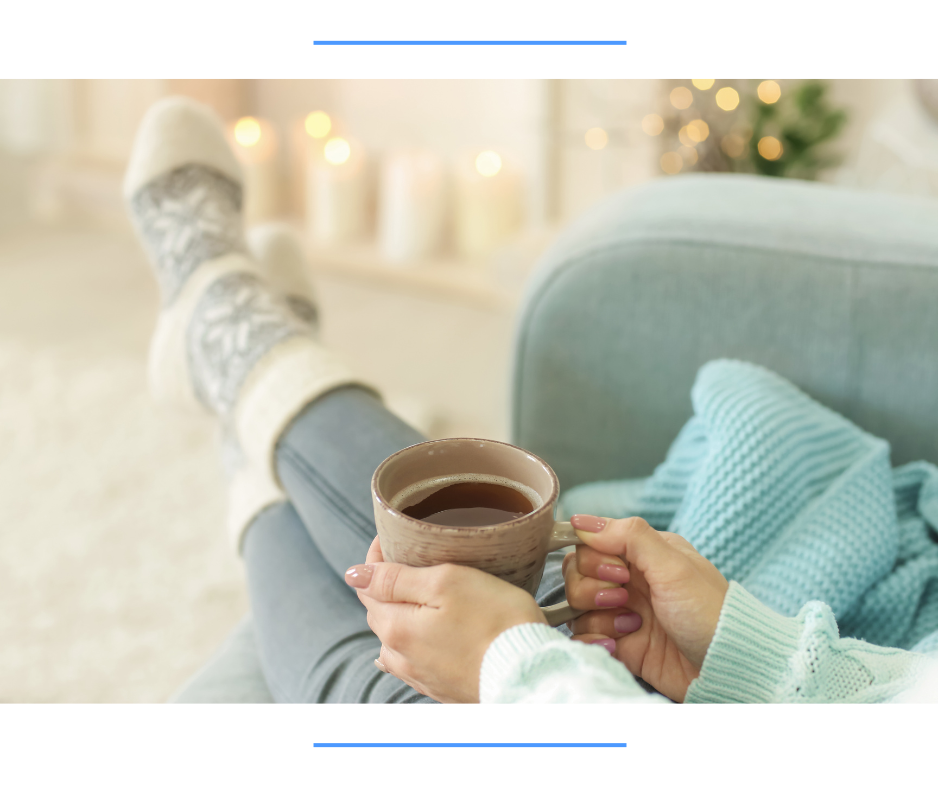Welcome to this months blog!
As we are now entering Autumn we are starting to feel cosy, snuggling up with a warm cuppa and a woolly jumper sounds amazing! It's time to watch the leaves turn golden and watch something run across your floor out of the corner of your eye... Yes that's it, spiders! As the days grow shorter and the weather turns colder spiders start coming indoors. A lot of people dread this time of year because of this but fear not Cleaning Queen has some tips for you below to deter spiders from your home!
Use Strong Scents
Spiders hate strong scents, especially essential oils. Here are some that you might already have at home to try:
- Peppermint
- Tea tree
- Lavender
- Citrus
- Rose
- Cinnamon
Make an easy spider-repellent spray by mixing a few drops of any of these essential oils with water. Spray the mixture around entry points like doors and windows, as well as in areas where you've spotted spiders before. Not only will this help keep spiders away, but it’ll also leave your home smelling gorgeous!
You can also buy ready made repellent in shops which can be very effective.
Set Traps
Traps are a practical option, you can buy spider traps at many home and garden stores. Simply place them in areas where you’ve noticed spiders or suspect they may enter. These traps usually contain a sticky surface that captures the spiders when they crawl over them.
If you prefer a more humane approach, spider catchers are a fantastic alternative. These devices allow you to catch the spider from a distance without harming it, so you can release it back into the wild far far away from your home.
Remove Spider Webs
When you find a spider web, remove it immediately. Regularly keeping on top of this ensures that spiders will be less likely to stick around. Use a hoover with an hose attachment to reach those high corners and nooks. This not only helps in getting rid of the webs but also any spiders that might be hiding there.
Keep Your Home Clean & tidy
Spiders love messy homes, it give them more places to hide so ensure that you:
- Regularly dust and hoover: This eliminates the spiders' food source (other insects), as well as the spiders themselves.
- Declutter: Piles of newspapers, magazines, and clothes provide perfect hiding spots for spiders.
- Seal cracks and gaps in windows and doors: Inspect your home for any cracks, gaps or holes and seal them up. This will help prevent spiders from getting inside in the first place.
Plant Strong-Smelling Flowers
If you're green fingered try planting flowers and herbs with strong scents. Lavender, mint, eucalyptus, and citronella are all known to deter spiders. Plant these around the perimeter of your home, particularly near entry points, pop some pots near windows. Not only will they act as a natural spider repellent, but they’ll also add fragrance to your garden and look beautiful.
Conkers: Fact or Fiction?
Apparently conkers contain a chemical that spiders hate, but the truth is, there’s no conclusive scientific evidence to support this. While some people swear by placing conkers around their homes to keep spiders at bay, others have found it doesn't work.
Why not have a try! They’re harmless and could add a touch of autumnal charm to your home décor.
Extra tips:
- Regularly inspect and clean areas where spiders might hide, like attics and garages.
- Keep doors and windows closed.
- Be mindful of what you bring inside from the garden, as spiders can easily hitch a ride on plants, firewood, or other items.
We hope these tips help to deter unwelcome spider guests in your home so you are free to relax this Autumn!




